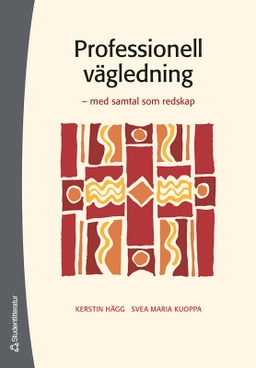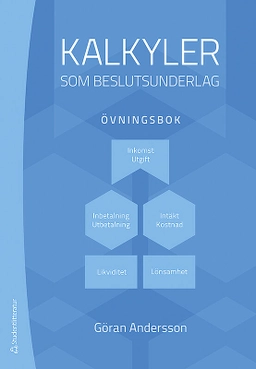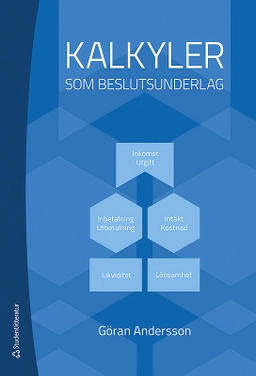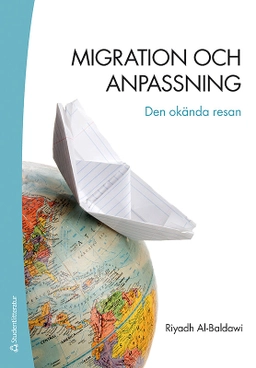Bokpresentation In this century, the right of self-determination has developed from a principle of political and moral equity into a firm rule of international law. Its validity and importance is now unquestioned
The case of Eritrea is one of those examples, possibly the most complex and tragic. The destiny of the multi-ethnic group of inhabitants of the former Italian colony was shaped after the end of World War II, mostly by outside factors
The game of international politics was played with little regard for small peoples and powers, but maybe with less hypocrisy. The persual of the records of the United Nations bodies dealing with Eritrea and of contemporary diplomatic correspondence shows that the paramount concerns were other than the interests of its population: its important strategic position made it a chip in a very intricate game, involving both classical high politics and new ideological rivalry
This situation continued after the problem was formally solved: the cost of the obvious failure of the unusual federal arrangement in Ethiopia and Eritrea had to be borne by the human beings in the territory
Dr Gayim took a brave look at the anatomy of the case of Eritrea and provided every reader with copious material for reflection. His presentation has the poignancy, but not the partiality, of a personal account. A jurist reading this book will have the additional pleasure of learning more about the interplay of many factors in shaping a principle of international law and its application, as well as about the influence of international law and the decisions of international organizations on the constitutional framework and internal law of the states that emerged in the recent past.
Åtkomstkoder och digitalt tilläggsmaterial garanteras inte med begagnade böcker





















